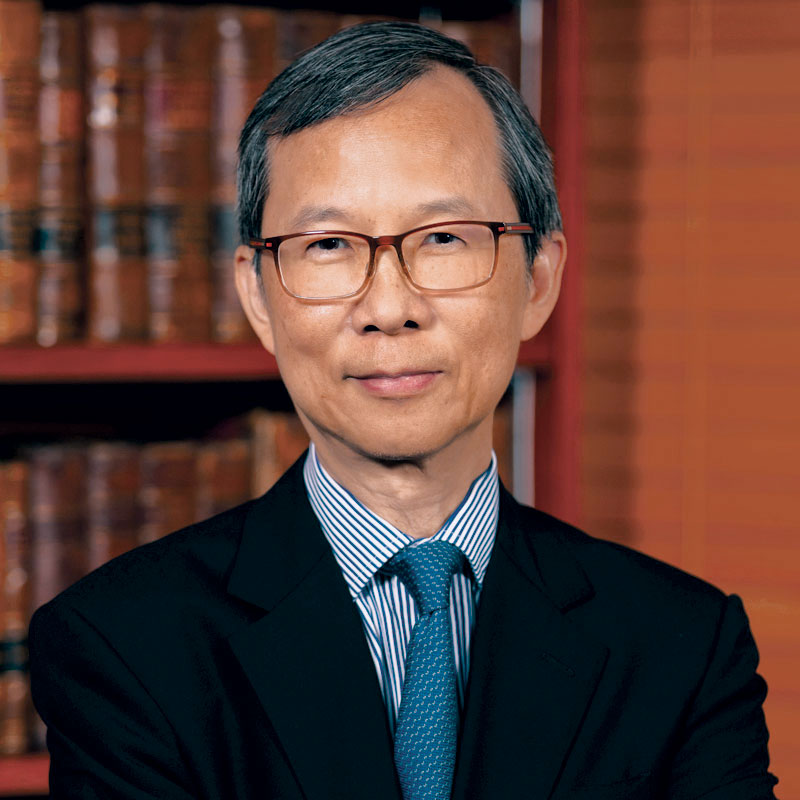Wong Arlene Bei Ling v Pao Zen Kwok Peter [2022] 2 HKC 165, [2021] HKCFI 3904
Valentine Yim and Myranda Lai represented the plaintiffs in Wong Arlene Bei Ling v Pao Zen Kwok Peter [2022] 2 HKC 165, [2021] HKCFI 3904.
The plaintiffs and defendants were all siblings of Mr and Mrs Pao. When Mr Pao died intestate, Mrs Pao and the siblings were entitled to a property. When Mrs Pao died intestate the siblings were then entitled to property. The 3rd plaintiff became the administratrix of the Mrs Pao’s estate. The 3rd plaintiff was also the lawful attorney of the 1st plaintiff. The 2nd plaintiff was living at the property. Save the 2nd plaintiff and the 1st defendant, the rest of the siblings were not in Hong Kong. The plaintiffs bought an application to sell the property under the (hk) Partition Ordinance (Cap 352). There were no objections by any of the parties to the application at the time of hearing, though the court was asked to determine on amongst other things, the mode of sale.
Held, ordering the property to be sold by public tender only:(1) It was the best interest of all the siblings and beneficiaries that the property be sold and distributed according to each of the beneficiary’s entitlement under the law of intestacy. Co-owners should have the basic right to rid himself of the ‘shackles of ownership’. Wong Chun Kei v Poon Vai Ching [2007] 1 HKLRD 825 ; [2005] HKCU 130 considered (paras 7-8).
(2) The mode of sale should be public tender only. The test was which mode of sale would be the best interest of all co-owners. The object of putting up the property for sale by tender must be to secure or provoke the best price that potential purchasers would be prepared to offer. The plaintiffs’ proposal of a public tender to be followed by a private tender would not help to achieve this purpose. Although the 2nd plaintiff may attach sentimental value to the property, a public tender followed by private tender would dampen interest in the property because members of the general public would be less interested and inclined to put in a bid if he or she knows that someone would be able to outbid him or her at a private tender stage. Given that this property was not the only luxurious property on the market, this added hurdle would, most likely, reduce the pool of interested bidders. There was no justification as to why only the 2nd plaintiff or the co-owners could put in a referential bid but not every public tenderer. Re Man Sham Chung Wui [2011] 1 HKLRD 427; [2010] HKCU 2705; and Harvela Investment Ltd v Royal Trust Company of Canada (CI) Ltd & Ors [1986] 1 AC 207 considered (paras 12-17).
[The above is excerpted from the headnote to the report in HKC.]



